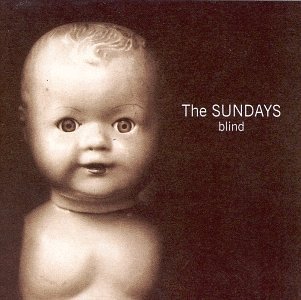Daylight Savings
The relevance of “Daylight Savings Time”
Did you set your time an hour ahead this past weekend? March 13th is the start of the new time set in place where most states in the U.S. spring forward. Now days are longer, just in time for the start of warm spring and summer!
During spring and summer, more people tend to spend time outside because of the nice weather that is present, so there is more light in the day to spend countless hours outside!
Though this idea became a national standard in 1960, it did not stick until 1975. The main reason the nation pushed for Daylight Savings was that congress wanted to conserve energy. Since the sun sets an hour later, the use of electricity, such as lights and household appliances, will be reduced.
Not only is energy reduced, but lives are also saved since there is more light outside. Along with this, the crime rate would decrease and enjoyment and business would flourish. This added hour of sunlight in the day adds many benefits for society and the economy.
However, there has been ongoing controversy over Daylight Savings Time. Many people disliked the constant change of the time. People’s main argument for disliking this time change is due to the lack of sleep and the time it takes to adjust.
On Tuesday, the Senate passed a bill to stop the time change and make Daylight Saving Time permanent. This is called the Sunshine Protection Act and was passed in a unanimous vote.
Though the House of Representatives as well as President Joe Biden still both need to vote and sign off on this matter, if they do, Daylight Saving Time is set to end in 2023.
There are some states, like Arizona and Hawaii, that already do not observe Daylight Saving Time. Many more have recently stated that they no longer want to observe DST even if the bill is not passed by the HOR and the president.
As of right now, there is no definitive answer on what time we would be in permanently.
If we resume in “standard” time, once the clocks moved backward next fall Daylight Saving Time would end.
If we chose to be in daylight time, the clocks would stop being changed once we spring forward again next spring. But what really are the benefits and drawbacks of daylight saving?
Some of the “pros” include: Longer evenings, increased road safety due to better visibility, decrease in robberies, makes people generally more active and it helps the economy as more people go to the store after work!
However, there are many “cons” as well, such as: with the development of technology like T.Vs, phones, and computers, it no longer saves energy like it’s original purpose was intended to, the time change messes with the natural rhythm of our bodies and it has been found that at the begining of daylight saving, car accidents increase due to lack of sleep, and at the end of daylight saving, depression, suicide, and miscarraige rates spike. There is also an overall decrease in productivity associated with the spring transition of Daylight Saving, the Monday after the change being dubbed “Sleepy Monday.”
As of right now there is no definitive answer on whether or not Daylight Saving Time will truly come to an end.
So what do you think? Do you like the time change? If we do decide to end it, would you prefer Daylight time or Standard time?
Your donation will support the student journalists of Canyon High School. Your contribution will allow us to pay for our print issue magazine, website, and equipment costs.

Emily Viramontes is a Staff Writer for The Pony Express. She is a senior at Canyon High School and loves the journalism program. She is interested in journalism...











